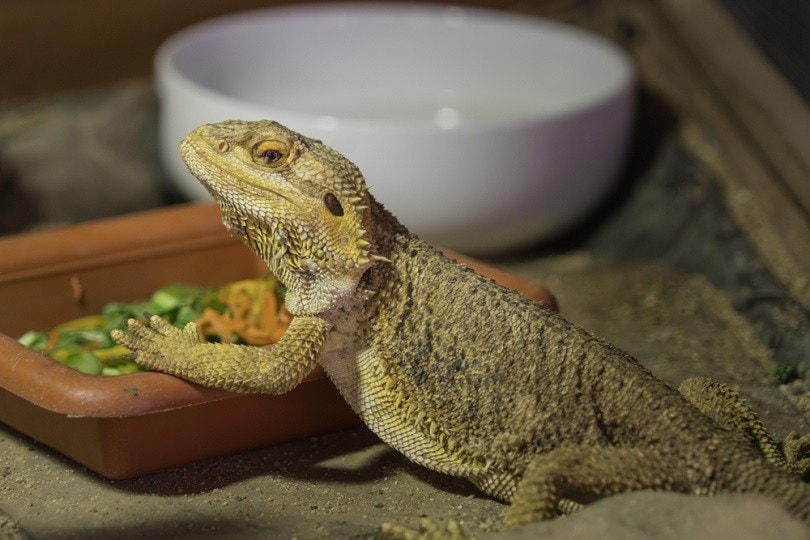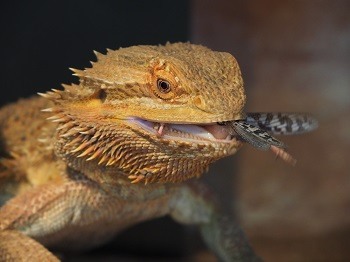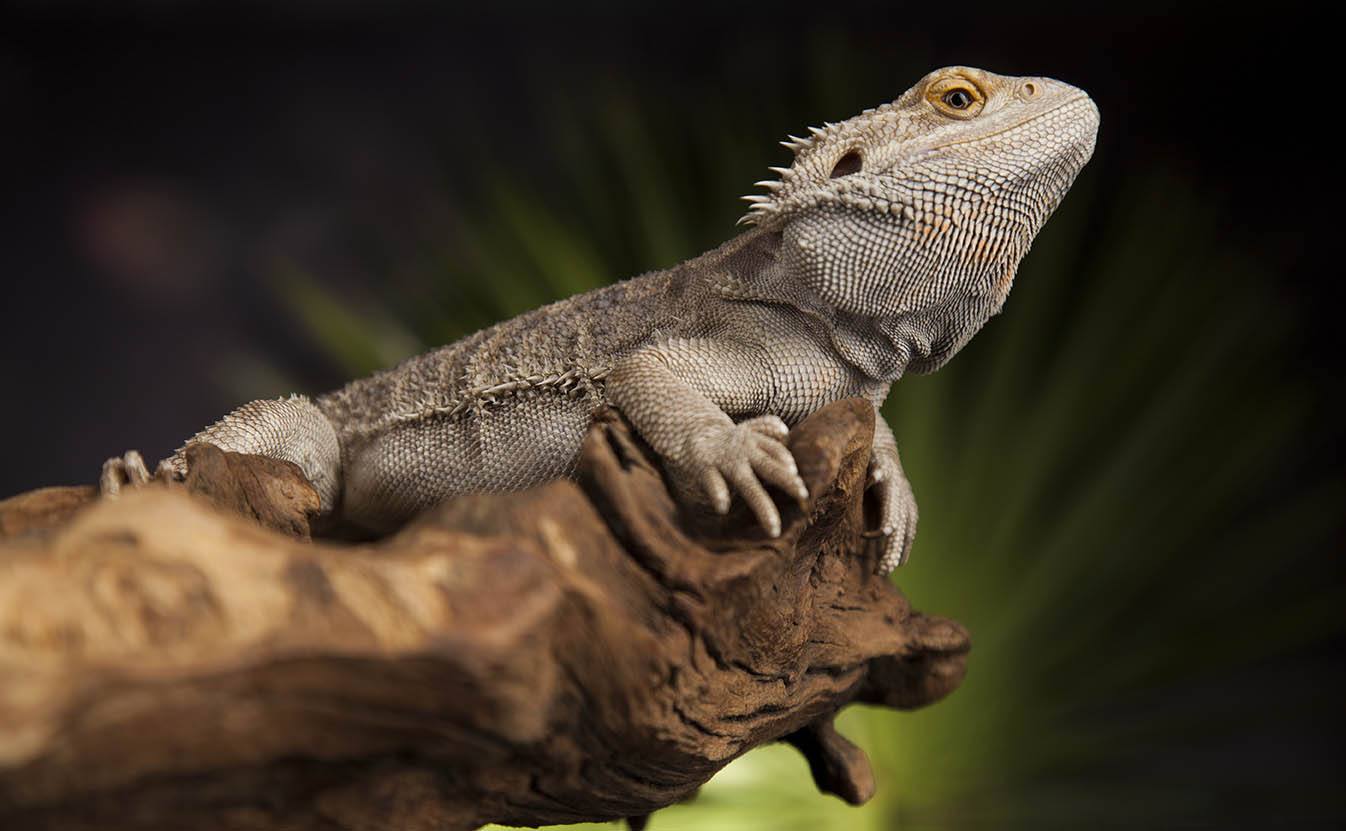
Bearded dragons, or beardies, are a very popular reptilian pet. If you’re the proud owner of one of these reptiles, you’ll need to provide them with the tank and other equipment necessary so that they are comfortable, well-fed, watered, and healthy. This includes ensuring that they get a good diet.
So, what about raspberries? Should you feed him one or two of these little berries? Are they too acidic, or is there some other reason to avoid feeding raspberries to your beardie?
Yes, you can feed raspberries to your beardie. In fact, when fed in moderation and as part of a well-balanced diet, your beardie can enjoy many health and nutritional benefits of these little purple berries.
Health Benefits of Raspberries for Bearded Dragons
Raspberries are small berries. They are popular with humans because they combine sweet and tart flavors. They are packed with vitamins and minerals, and they can pep up any dessert or fruit dish. They are also brightly colored so they appeal aesthetically, too, and if one has caught your beardie’s eye, you will know about it, as he turns his head to aim his eye at the little berry.
The health benefits of eating raspberries are similar for bearded dragons as they are for humans, and include:

How to Prepare Them
You don’t really need to prepare raspberries for your bearded dragon. You should check to ensure that the fruit is ripe, and you will need to break the raspberries down into bite-size chunks, but other than slicing and feeding with other fruit and vegetables, there really isn’t anything more that you need to do.
What Should Bearded Dragons Eat Daily?
Your bearded dragon has very specific dietary requirements. Roughly 75% of his diet should be made up of leafy greens and vegetables. In particular, this means feeding cabbage, tomatoes, carrots, and other vegetables. These can help provide the water and moisture that your beardie needs, while also ensuring that he gets all the vitamins and minerals that he requires.
The remaining 25% of his diet can be made up of insects like roaches and locusts. These should be gut loaded with calcium and other nutrients which greatly increases the nutritional benefit to your pet.
Can Bearded Dragons Eat Mango?
Feed the mango when it is ripe, remove the skin, and cut it into small pieces that your beardie will be able to handle, and you can add this ingredient to a healthy fruit salad that will benefit your little lizard.

Can Bearded Dragons Eat Apples?
Apple is juicy and appealing, and this is another great addition to a fruit salad that your bearded dragon can enjoy as part of his diet. However, it is worth noting that your little guy will usually get more benefits from vegetables than fruits.
Can Bearded Dragons Eat Oranges?
Oranges are citrus fruit, and your bearded dragon may be able to stomach them and even benefit from the high levels of vitamin C. However, they are also very acidic, and they can lead to stomach complaints and gastrointestinal upset.
Can Beardies Eat Grapes?
Grapes are high in both fiber and calcium, both of which are considered healthy and beneficial for your beardie, but they should be considered an occasional treat rather than a regular addition to their daily diet.
Can Bearded Dragons Eat Pumpkin?
Pumpkin contains both calcium and phosphorus, with the latter helping to digest the former. However, pumpkins do not have the desired ratio, so they do not fully benefit your lizard and you should look for better sources of these two minerals. Pumpkins are not dangerous, however, so they can be fed as an occasional treat rather than a dietary addition.

Final Thoughts
Raspberries are considered a safe and healthy addition to a beardie’s diet. They are rich in several vitamins and multiple minerals. They also contain dietary fiber and they are a good source of water for your lizard.
However, raspberries are also quite sweet, and there are more beneficial foods to give to your beardie, so they should be considered an occasional treat rather than a staple addition to your dragon’s diet. If you are feeding raspberries, you only need to wash them and cut them up, having checked that they are ripe, because they do not need any special preparation or cooking.
Also See:
Featured Image Credit: jag2020, Pixabay









